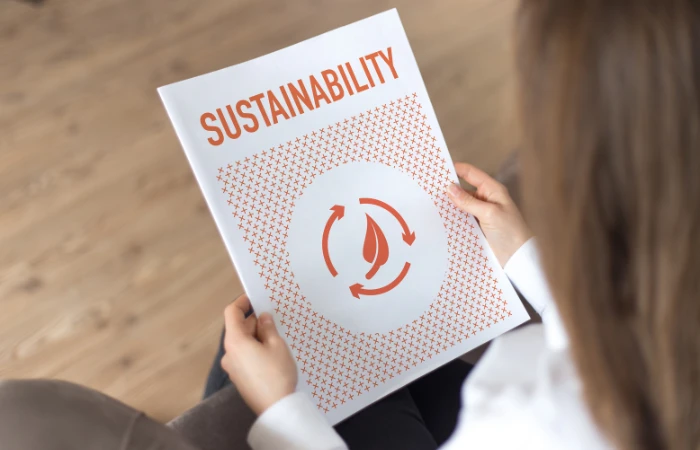In a polarized political climate where environmental sustainability is often a point of contention, there’s a silver lining that’s hard to miss: the American people, from young to old, Gen Z to Boomers, are moving towards eco-friendly choices.
Despite the political rhetoric, a recent study from the NYU Stern Center for Sustainable Business (CSB) unveils a fascinating trend: Americans, irrespective of age, gender, location, income, or party affiliation, are leaning heavily towards sustainable products. Not just any sustainable products, but those that bring tangible benefits to their personal health, savings, and community.
Here’s a breakdown of this green shift:
Americans Want Their Products to Deliver
Working closely with Edelman and collaborating with nine renowned brands, CSB set out to understand what really resonates with the American consumer when it comes to sustainability.
The winning formula?
Products should first meet their primary expectation, whether that’s cleaning effectively, tasting delightful, or offering skin hydration. Once that’s a given, aligning with sustainability claims becomes a potent draw.
The study showed that while 44% of consumers might be attracted to a product’s core function, pairing this with two sustainability attributes boosts its appeal to an impressive 74%.
Simply put, consumers are more likely to opt for products that convey messages such as “gentle on your skin and Mother Earth” or “deliciously sourced from local, 100% sustainable farmers.”
Walking the Talk: Do Purchases Reflect Intentions?
It’s one thing to claim green intentions, but are consumers genuinely committing to sustainable choices at the checkout? To delve into this, CSB teamed up with Circana to scan data on consumer purchases dating back to 2013.
The findings were promising. While products marketed with sustainable tags accounted for only 17.3% of overall sales, they represented a whopping 30% of the growth in the sector. By 2021, every second newly sold CPG product boasted at least one sustainable trait. Certain categories, such as dairy and toilet paper, even saw over 60% of products flaunting sustainable attributes.
More To Discover
- Why Bioplastics Aren’t the Eco-Solution We Hoped For (Australia Is The Perfect Example)
- Gen Z’s Fast Fashion Fixation Often Ends With Sustainability Regrets
- Sustainable or Not? The Controversy Over Gear Used in MSC-Certified Tuna Fishing
- Combatting Microplastic Pollution: How You Can Make Your Laundry Routine More Sustainable
Which Demographics Are Leading the Sustainable Wave?
A deeper dive into the data revealed that younger generations, urban dwellers, and those with higher education and incomes are more inclined to purchase sustainable products. However, Gen Xers, boomers, and even middle-income individuals from suburban and rural areas aren’t far behind.
On the flip side, retirees, individuals with only a high school diploma, and those on a tighter budget seem more hesitant, likely due to the limited availability and higher price tags of sustainable goods.
But there’s hope.
As sustainability becomes more mainstream, and prices potentially become more competitive, it’s plausible that these demographics too will join the eco-friendly bandwagon.
Despite the divisive political climate, the American consumer’s message is clear: sustainability matters, especially when it positively impacts their health, pocket, and community and void of greenwashing in their marketing. As eco-friendly products continue to gain ground, it’s not just a phase; it’s a testament to a society evolving in its values and choices.















